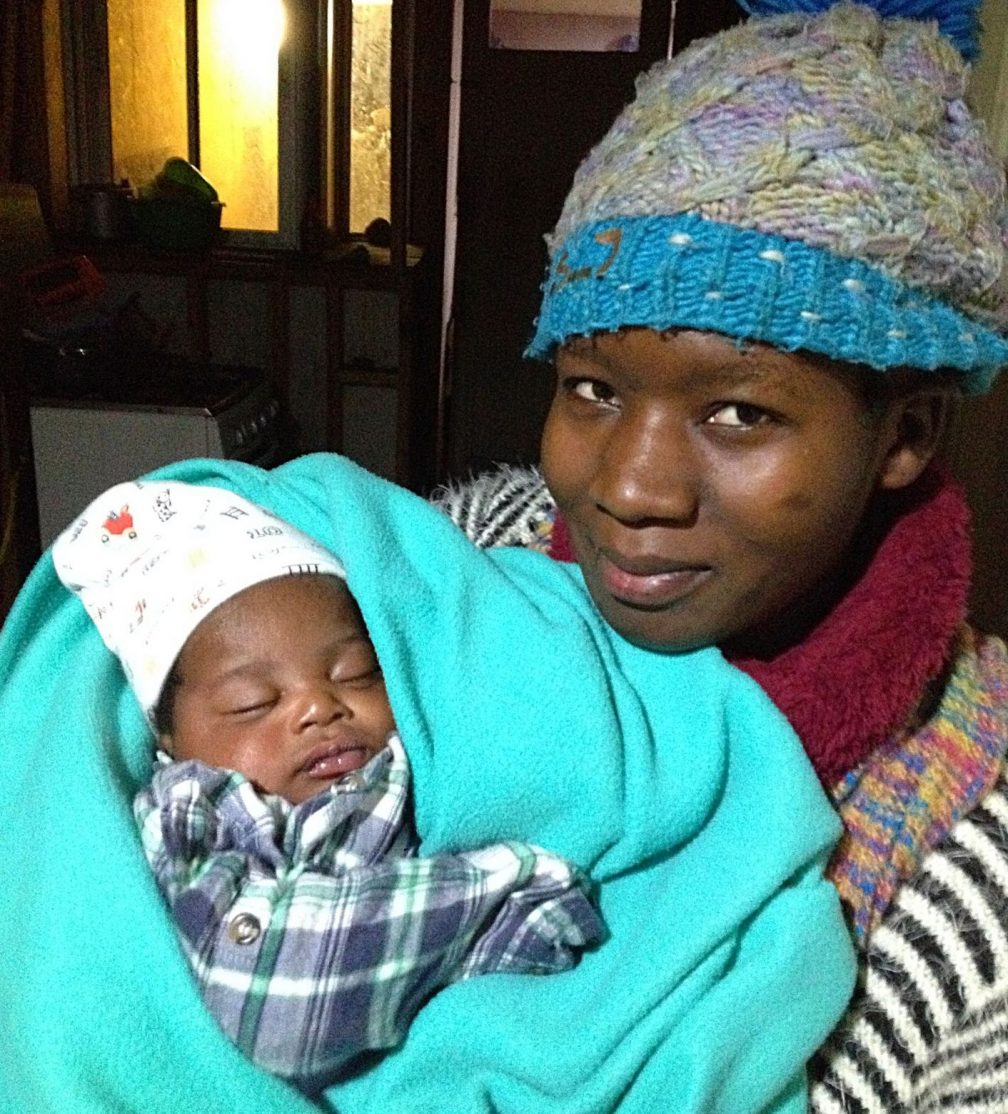It is impossible walk around the streets of Chile, without running into foreigners. Going around the different markets of our Columban parishes in Santiago, it is normal now to hear two languages spoken—Spanish and Haitian Creole. All rental residencies, within our parish territories, are full of foreigners—Venezuelans, Haitians Colombians, Bolivians, Peruvians and Dominicans.
In Chapter Two of the Encyclical Letter, “Fratelli Tutti, on Fraternity and Social Friendships,” Pope Francis speaks to us of “A Stranger on the Road”, of being “Abandoned by the wayside” and “Neighbours without borders” as way to put into practice the Parable of the Good Samaritan.
From March 2020, Chile has received almost 1,500,000 migrants, which is 8% of the entire population of the country of 19,222,527. In recent years, the number of migrants has increased each year by 20%.
Like many other congregations and church organizations, we Columbans in Chile are in a process of developing a credible answer to the massive reality of the arrival of 1,500,000 migrants in Chile in recent years.
It is for this reason, that we are developing “the Columban Migrant Ministry in Chile” to respond to the many challenges of the massive migration into Chile in recent years. We are trying to welcome our “Neighbours without borders”, as those strangers we meet on the Road.
A study from the Catholic Institute of Migration and the University of Talca about migrants, covering the months of June, July and August 2020, shows the negative consequences for migrants, of the Covid-19 Pandemic.
- 4% had permanently lost their employment, the majority of whom are employed in precarious and temporary jobs in normal times.
- 4% had had their work contracts suspended indefinitely.
- 2% had their working hours, and consequently, their wages, reduced.
- 1% had tried to work independently but had not succeeded.
- 45% say they are working in situations similar to the pre-Covid situation.
- 3% say they have suspended or reduced the amount of money being sent home to families in their countries of origin.
- 47% say they feel exposed to the Virus in their place of employment.
The great majority of migrants live in overcrowded conditions, renting small rooms, often in dangerous and unhygienic circumstances.
At the moment, the Columban Migrant Ministry in Chile administers two Migrant Houses in San Columbano parish, one with 15 homeless men, and the other, for homeless women and their children, victims of domestic violence.
The Coordinator/ Administrator of the St Columban’s Migrant House for men, in the parish of San Columbano, the Venezuelan Javier Núñez, also coordinates our department of communications and the different educational programmes for migrants.
Columban Fr. Martin Koroiciri coordinates the Migrant House for women, Bethany House.
We hope to form the Migrant Ministry in each of our four Columban parishes in Chile, with a whole range of courses, activities and formation programmes.
Once the pandemic is passed, we will be able to start again our different formation courses such as for “the High School Certificate course”, “Conversational Spanish for Haitians,” and other work related courses to help train migrants so they can find work easier.
The Columban Migrant Ministry in Chile work directly with around 15 church organizations and NGOs in service of “our neighbours without borders”, the migrants. We are a part of a network of organizations that together try to respond to the needs of our neighbours, the migrants.

